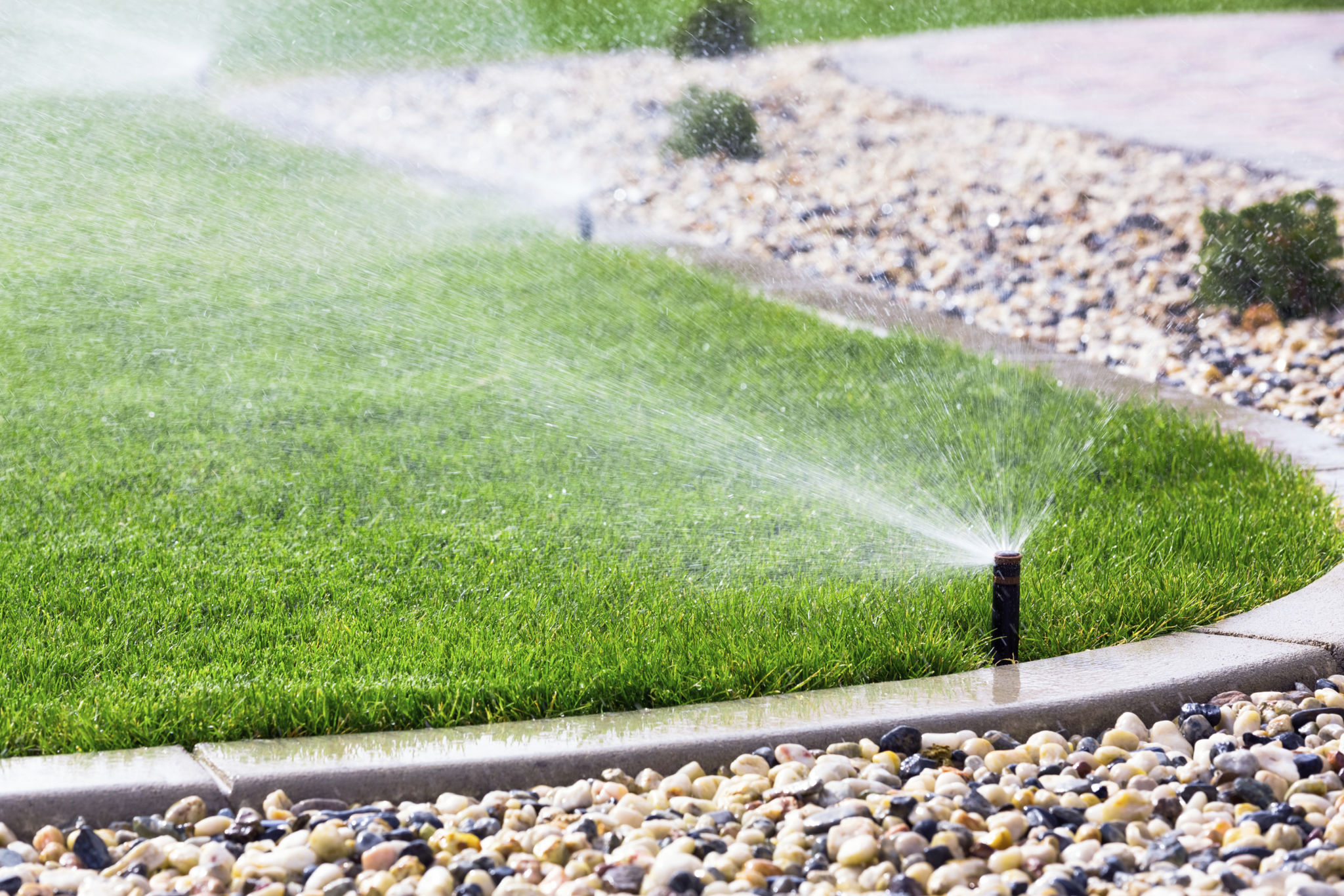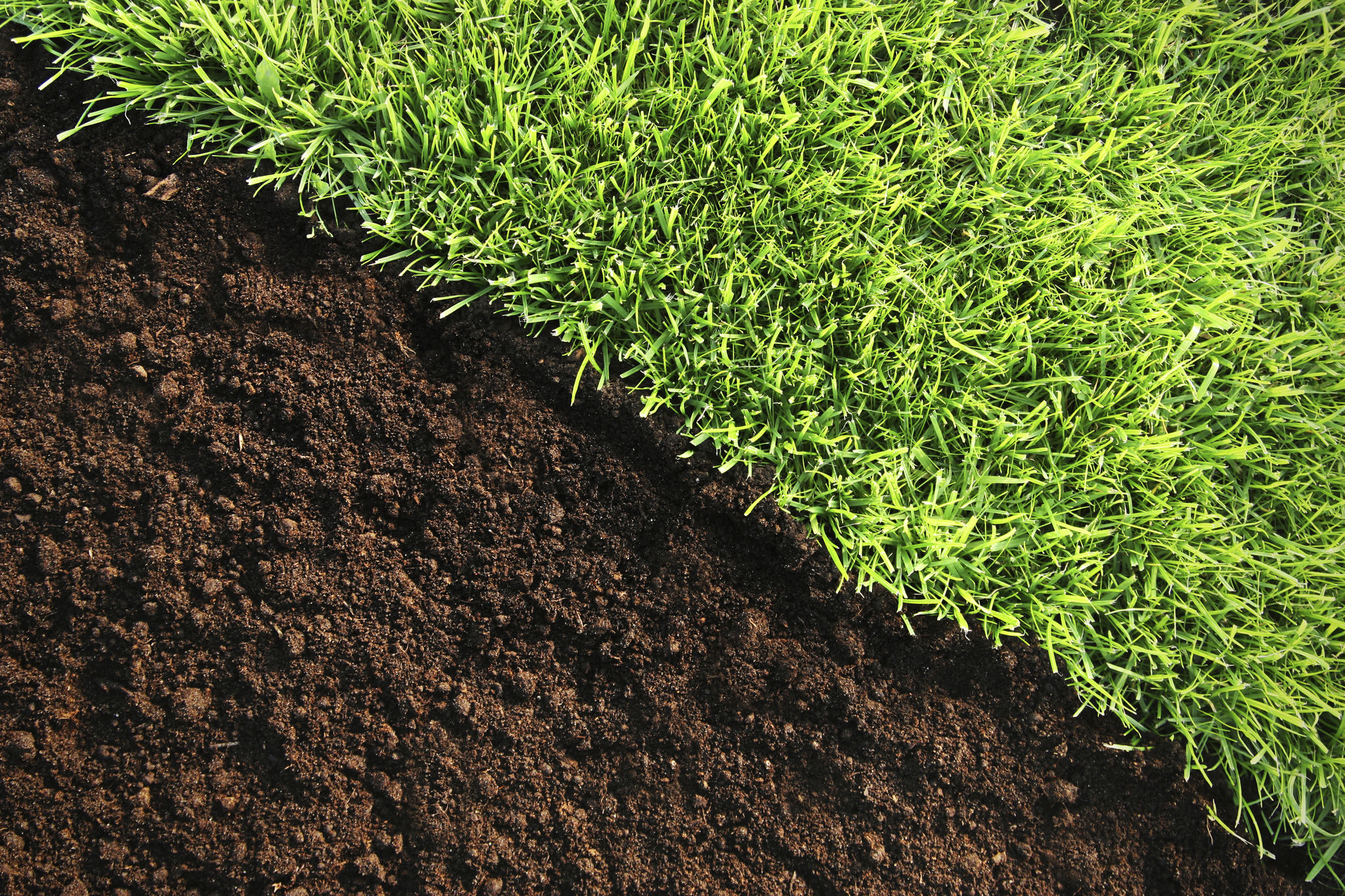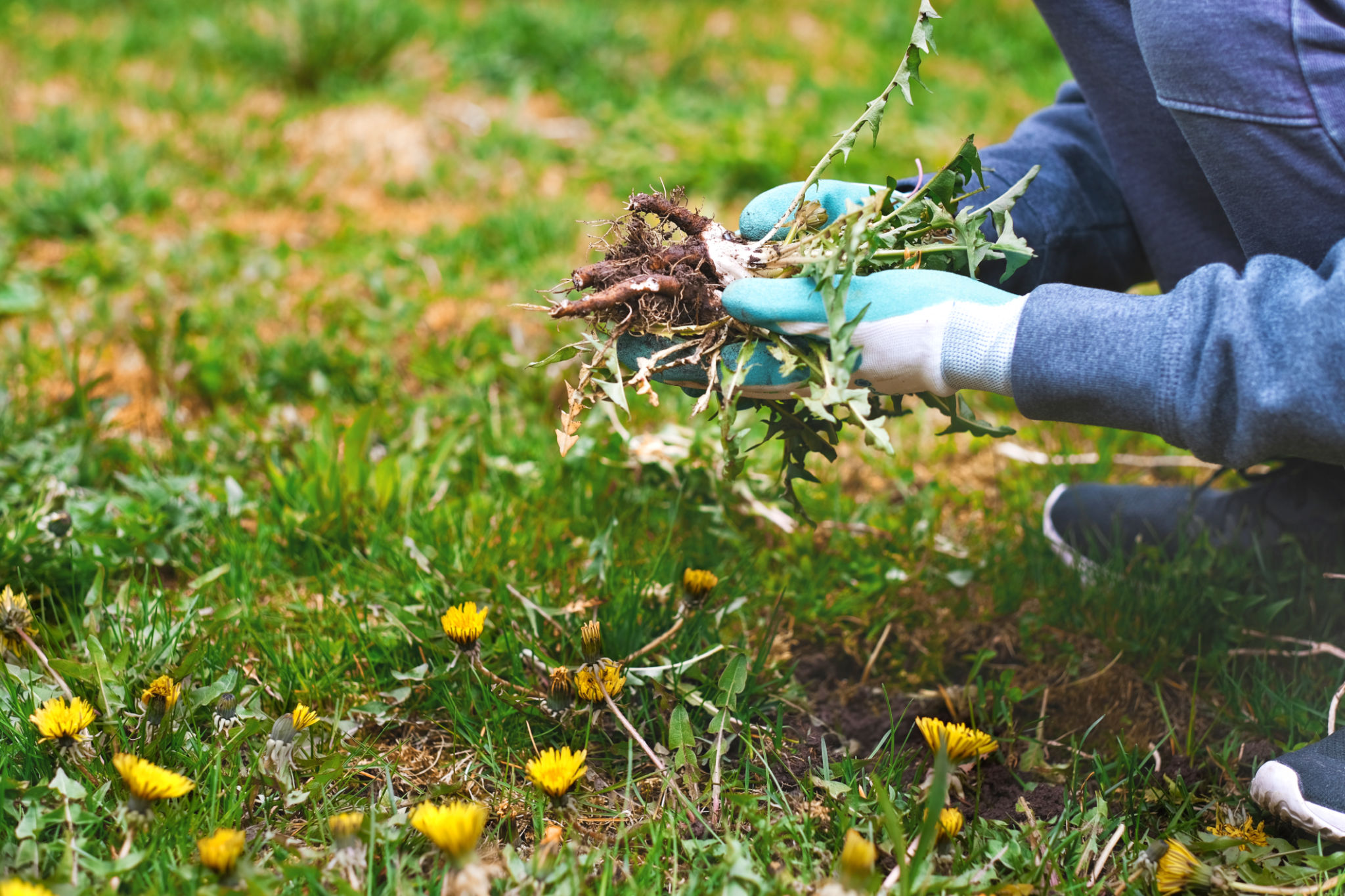Common Lawn Care Mistakes and How to Avoid Them
Overwatering Your Lawn
One of the most common mistakes in lawn care is overwatering. Many homeowners believe that more water equates to a healthier lawn, but this is not the case. Overwatering can lead to a variety of problems, including root rot, fungal diseases, and the growth of unwanted weeds.
To avoid overwatering, pay attention to your lawn's specific needs. Generally, lawns require about 1 to 1.5 inches of water per week, including rainfall. Use a rain gauge to measure rainfall and adjust your irrigation accordingly. Watering early in the morning is also beneficial, as it reduces evaporation and gives your grass time to dry out during the day.

Improper Mowing Techniques
Mowing your lawn may seem straightforward, but improper techniques can damage your grass. Cutting your grass too short, known as scalping, weakens the grass by removing too much of its food-producing structure. This makes it more susceptible to pests and diseases.
To maintain a healthy lawn, follow the one-third rule: never cut more than one-third of the grass blade length at a time. Additionally, ensure your mower blades are sharp, as dull blades can tear the grass, leading to ragged edges that invite disease.
Ignoring Soil Health
Healthy soil is the foundation of a thriving lawn, yet it is often overlooked. Compacted soil can impede root growth and limit nutrient uptake. Regularly aerating your lawn helps alleviate compaction by allowing air, water, and nutrients to penetrate the soil more effectively.
Testing your soil's pH and nutrient levels is also crucial. A soil test can inform you if your lawn requires lime for acidity correction or specific fertilizers to replenish nutrient deficiencies. By maintaining balanced soil health, you create an optimal environment for your grass to flourish.

Using Incorrect Fertilizer
Fertilizing your lawn is essential for providing necessary nutrients, but using the wrong type or incorrect amount can cause more harm than good. Over-fertilizing can lead to nutrient runoff and pollution, while under-fertilizing results in weak growth.
Choose a fertilizer that suits your grass type and climate. Follow the recommended application rates on the packaging and apply fertilizer evenly across your lawn. It's best to fertilize during your lawn's peak growing season for maximum effectiveness.
Neglecting Pest and Weed Control
Pests and weeds can quickly take over a neglected lawn. Weeds compete with grass for nutrients, sunlight, and water, while pests can damage the grass itself. Regular monitoring and early intervention are key to keeping these threats under control.
Implement an integrated pest management strategy that includes cultural practices like maintaining proper mowing heights and watering schedules. For weeds, consider both pre-emergent and post-emergent herbicides as part of your control plan.

Conclusion
Avoiding these common lawn care mistakes requires attention to detail and a commitment to regular maintenance. By understanding your lawn's specific needs and adjusting your care practices accordingly, you can cultivate a lush, healthy lawn that enhances the beauty of your home.